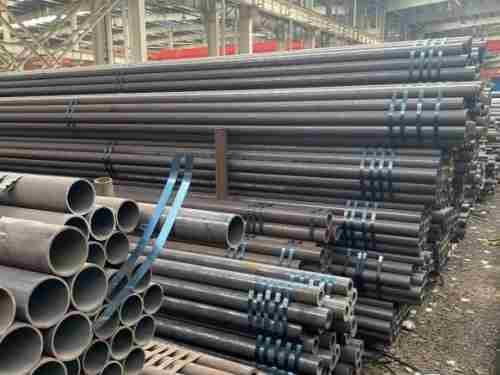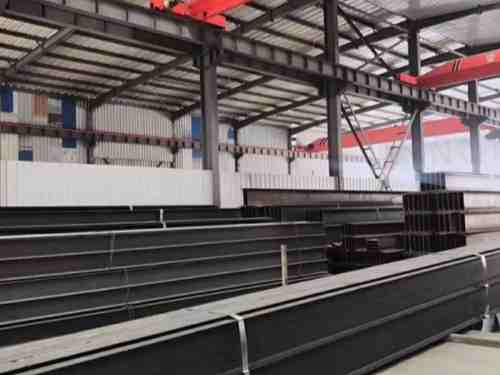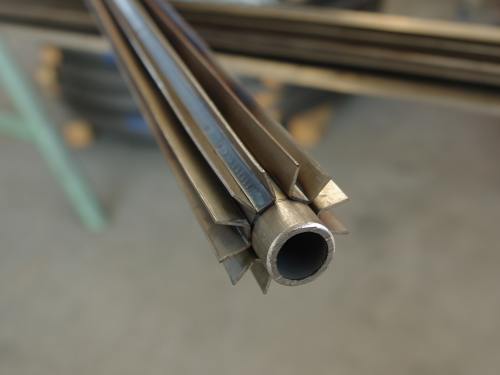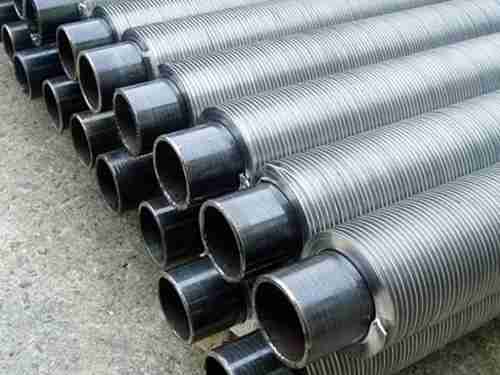Copper-nickel uses in marine systems
Copper-nickel (CUNI or CUPRONICKEL) alloys are used in seawater systems, desalination plants and offshore structure protection
Copper has excellent corrosion resistance in the atmosphere and fresh water. In seawater, copper-nickel alloys have superior corrosion resistance
The addition of nickel to copper increases its strength and durability, as well as its resistance to corrosion and erosion in natural waters, including seawater, brackish water, and treated water. These copper alloys also exhibit excellent mechanical properties, including resistance to stress corrosion cracking and corrosion fatigue
"Used by many navies and merchant ships"
Copper-nickel alloys were developed specifically for seawater service over fifty years ago, originally for use in condensers and piping systems. Their overall suitability has been proven through continued use in these and other marine applications. These alloys are currently used extensively in the offshore, power and desalination industries and continue to be used by many naval and commercial vessels
"Inherent resistance to macrofouling"
Although developed to resist seawater corrosion, it was quickly recognized that these alloys were also inherently resistant to macrofouling. This feature helps avoid or reduce the need to add biocides to condenser and seawater systems and reduces drag and cleaning regimes on offshore platforms and hulls.
"Provides the best combination of resistance to flowing seawater and overall corrosion resistance"
There are two main grades of copper-nickel alloys used in marine services and are generally supplied in most product forms. These are copper-based alloys containing 10% or 30% nickel, known respectively as 90-10 (90/10) and 70-30 (70/30) copper-nickel alloys. Both alloys have small but significant additions of iron and manganese, designed to provide the best combination of resistance to flowing seawater and overall corrosion resistance. The 30% nickel alloy is stronger and can withstand higher seawater flow rates, but for most applications the 90-10 alloy will provide good service at a lower cost, and both alloys tend to be more widely used. type. Also worth mentioning is a modified 30% Ni alloy containing 2% Mn and 2% Fe. This alloy is commercially available only as condenser tubes, especially for the heat rejection part of multi-stage flash seawater desalination units, which has Higher impact resistance requires corrosion. Required. Maximum contents are specified due to the effect of certain impurities on hot ductility, hot workability and weldability. These elements can also arise from external contamination, so precautions must be taken when handling alloys during forming and welding. 2%Mn and 2%Fe grades are produced as seamless tubes for expansion into tubesheets and therefore do not require welding

 English
English Español
Español











